As a homeowner in Portland, it’s essential to be aware of the potential risks that severe winter storms can pose to your appliance chimney. Your hot water heater, boiler, and furnace rely on a properly functioning chimney system to safely vent exhaust gases and maintain efficient operation. In this article, we’ll discuss the importance of protecting your appliance chimney from storm damage and the steps you can take to ensure your home’s safety and comfort.
We are qualified to discuss these topics at Portland Fireplace and Chimney because we are president of the regional chimney sweep guild and instructors for the National Chimney Sweep Association. We have repaired and rebuilt thousands of fireplaces and chimneys in the portland area and are proud to be the number one fireplace and chimney experts in Portland.
The Role of Appliance Chimneys
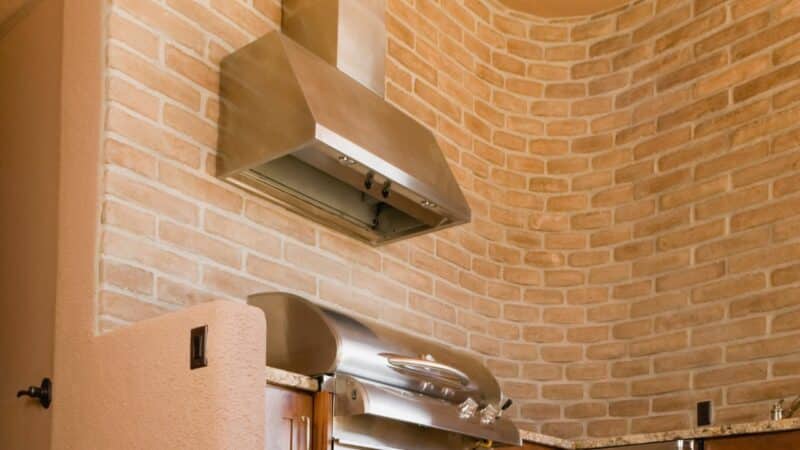
Many people do not the relationship between their appliances and their chimney. Appliance chimneys, whether masonry or manufactured, play a crucial role in venting exhaust gases from your hot water heater, boiler, and furnace. These chimneys are designed to safely remove harmful byproducts, such as carbon monoxide, from your home and release them into the outside atmosphere. Proper venting is essential for the safe and efficient operation of your heating appliances.
Types of Appliance Chimneys
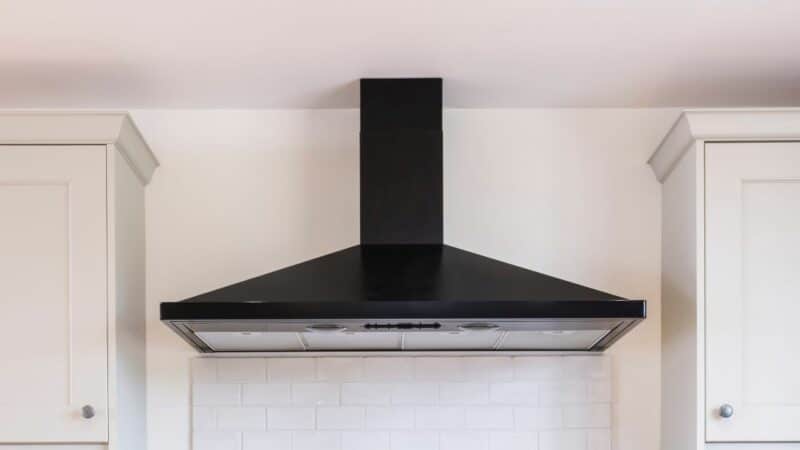
There are two main types of appliance chimneys: masonry chimneys and manufactured chimneys.
Masonry Chimneys: These chimneys are constructed using brick, stone, or concrete and are typically built during the home’s construction. While durable, masonry chimneys are more susceptible to water damage due to their porous nature.
Manufactured Chimneys: Also known as prefabricated chimneys, these systems are made of metal and are designed for easy installation. They consist of a double-walled pipe, with insulation between the walls to keep flue gases warm and prevent condensation.
Both types of chimneys can be affected by severe weather, so it’s crucial to understand the risks and take appropriate measures to protect them.
Related articles: https://portlandfireplaceandchimney.com/how-portlands-winter-storms-wreak-havoc-on-your-masonry-fireplace-and-chimney/
Is Your Prefabricated Fireplace and Chimney at Risk? Understanding Storm Damage in Portland
The Risks of Storm Damage to Appliance Chimneys
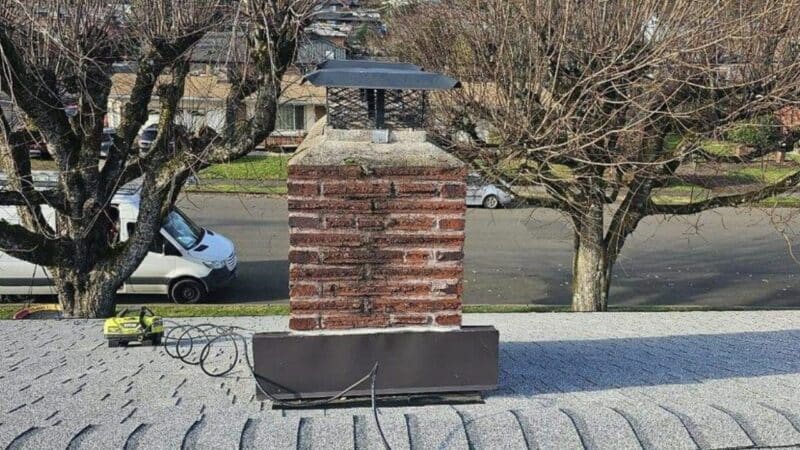
During Portland’s severe winter storms, your appliance chimney is exposed to various elements that can cause damage and compromise its integrity. Water infiltration, freeze-thaw cycles, and debris accumulation are some of the common risks that can lead to chimney damage. A chimney leak can easily result in water damage to your home, as well as corrosion and rust in your heating appliances.
The Consequences of Appliance Chimney Damage
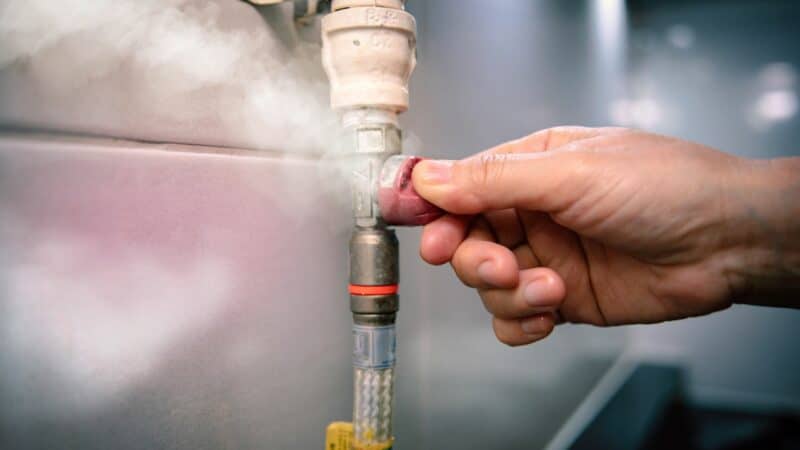
If your appliance chimney sustains damage during a storm, it can lead to serious consequences, such as water damage to appliances, inefficient heating, and safety hazards. A compromised chimney can allow harmful gases, such as carbon monoxide, to leak into your home, posing serious health risks to you and your family. In extreme cases, a damaged chimney can even lead to a chimney fire.
If you are using an appliance fireplace then it’s important to know about the additional considerations that come with that layout: no matter if it’s a gas fireplace or uses wood fuel. After every major storm it is worth it to check on your appliances because if water gets down there it can easily penetrate your appliance and destroy it.
The Importance of Annual Chimney Inspections
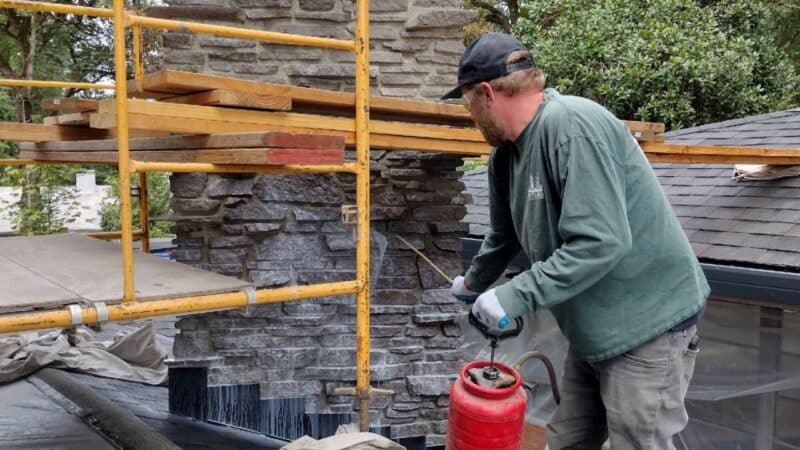
To protect your appliance chimney from storm damage and ensure its proper functioning, it’s crucial to schedule annual inspections with a certified chimney sweep. A professional chimney inspection will identify any existing damage, check for proper venting and draft, detect blockages, and recommend necessary repairs or maintenance to prevent further damage.
By investing in annual inspections, you can catch any issues early, avoid costly repairs like a full fireplace repair appliance replacement, and maintain the safety and efficiency of your heating system. A thorough inspection will also help you identify potential fire hazards, such as creosote buildup in the flue, which can lead to a dangerous chimney fire if left unchecked.
Here’s another benefit of getting a regular inspection: the NFPA Level 2 exam serves as the perfect evidence that any new damage occurred from “an Act of God” and increases the odds of getting approved to be covered by a standard homeowner’s policy. If the inspection finds that the damage is related to the winter storm you are in a great initial spot to have your claim accepted.
Preventive Measures to Protect Your Appliance Chimney
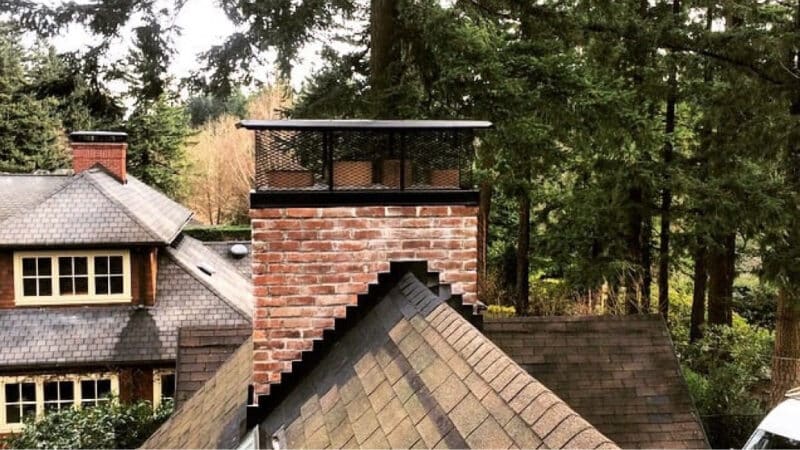
In addition to annual inspections, there are several preventive measures you can take to protect your appliance chimney from storm damage:
1. Install a chimney cap to prevent water, debris, and animals from entering the chimney
2. Ensure proper sealing and waterproofing around the chimney to minimize water infiltration
3. Keep trees and branches trimmed away from the chimney to reduce the risk of falling debris
4. Schedule regular cleaning and maintenance to remove creosote buildup and ensure proper venting
By taking a proactive approach to chimney maintenance and addressing any storm damage promptly, you can protect your home, appliances, and family from the risks associated with a damaged appliance chimney.
The Benefits of Professional Chimney Services
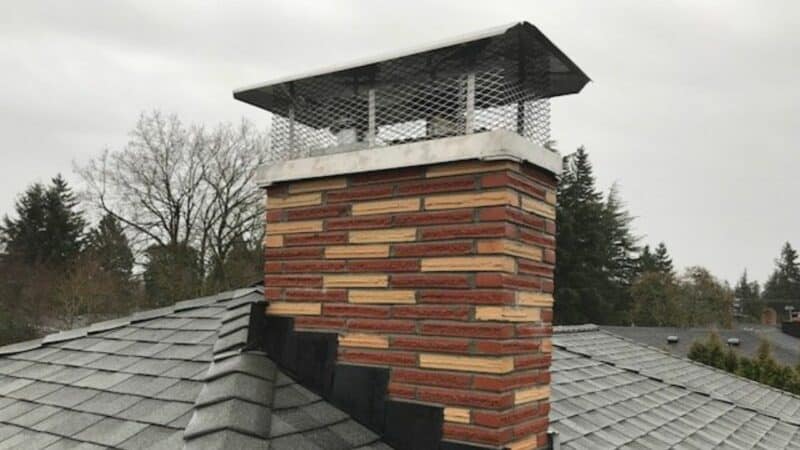
When it comes to maintaining and repairing your appliance chimney, it’s essential to work with experienced professionals who have the knowledge and tools to get the job done right. A certified chimney sweep can provide a range of chimney services, including:
1. Thorough inspections to identify potential issues and hazards
2. Cleaning and removal of creosote, soot, and other debris
3. Repairs and replacements of damaged components, such as flashing, caps, and liners
4. Installation of safety devices, such as carbon monoxide detectors and chimney caps
5. Advice on proper use and maintenance of your heating appliances
By partnering with a reputable chimney service company, like Portland Fireplace and Chimney, you can ensure that your appliance chimney receives the care and attention it needs to function safely and efficiently, even in the face of severe winter storms.
Frequently Asked Questions (FAQ)
How often should I have my appliance chimney inspected?
The National Fire Protection Association (NFPA) recommends having your appliance chimney inspected annually, regardless of the fuel type or appliance. This ensures that any potential issues are caught early and addressed before they can cause damage or safety hazards.
What should I do if I suspect my appliance chimney has been damaged during a storm
If you suspect storm damage to your appliance chimney, schedule a professional inspection as soon as possible. A qualified chimney sweep can assess the extent of the damage and recommend the necessary repairs or replacements to restore your chimney’s integrity and ensure safe operation of your heating appliances.
Will my homeowner’s insurance cover storm damage to my appliance chimney?
In most cases, standard homeowner’s insurance policies cover storm damage, as it is considered an “act of God.” However, it’s essential to review your specific policy and contact your insurance provider to confirm coverage and understand any limitations or deductibles that may apply.
Can I inspect my appliance chimney myself?
While you can perform a basic visual inspection of your appliance chimney, it’s best to leave comprehensive inspections to trained professionals. Chimney sweeps have the knowledge, experience, and tools to identify potential issues and recommend appropriate solutions. Attempting to inspect or repair your chimney yourself can be dangerous and may lead to further damage.
How can I tell if my appliance chimney is not functioning properly?
Some signs that your appliance chimney may not be functioning properly include unusual odors coming from the chimney or appliance, smoke or exhaust gases entering your home, visible damage to the chimney, increased moisture or water stains around the chimney, and decreased heating efficiency or higher energy bills. If you notice any of these signs, schedule a professional inspection to diagnose and address the issue.
Conclusion
Portland’s severe winter storms can pose significant risks to your appliance chimney, potentially leading to costly damage and safety hazards. By understanding the importance of annual inspections, addressing storm damage promptly, and taking preventive measures, you can ensure the safe and efficient operation of your heating appliances and protect your home from the consequences of a damaged chimney.
If you suspect storm damage to your appliance chimney or need to schedule an annual inspection, contact the professionals at Portland Chimney. Our experienced team is dedicated to providing exceptional chimney services, ensuring the safety and performance of your chimney system, and giving you peace of mind throughout the winter season.
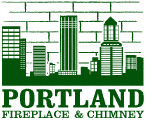
Portland Fireplace and Chimney Inc is your top notch pick for a fireplace and chimney company in the greater Portland metro area.

